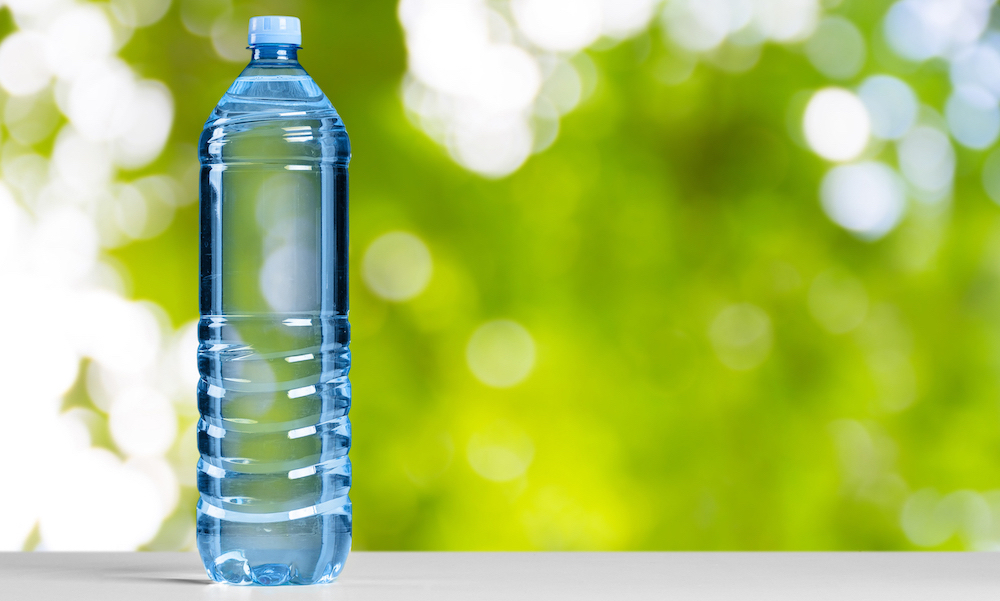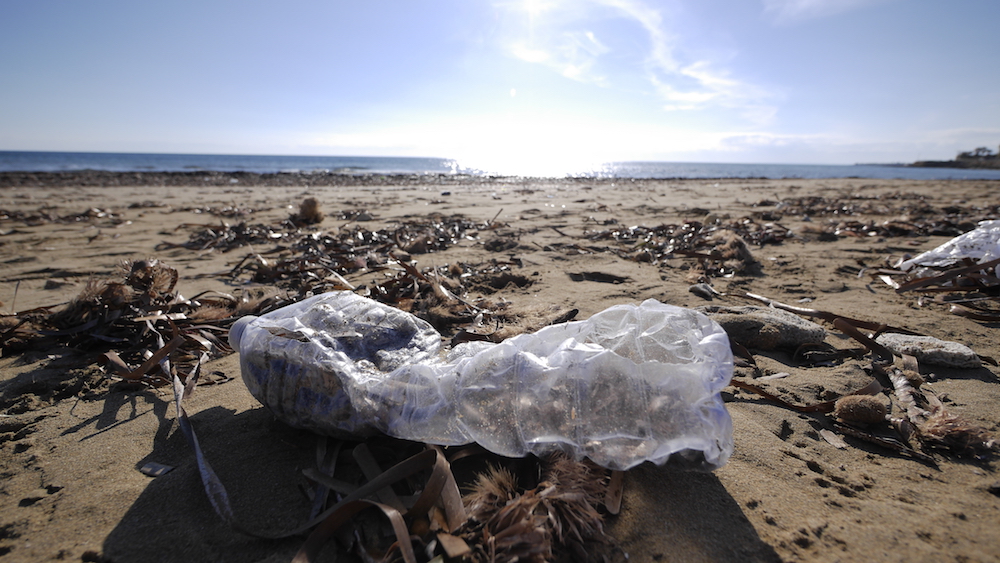In the USA, where safe drinking water is free and plentiful, the country spends $100 billion on bottled water each year.
It is undeniable that where clean drinking water is available, bottled water is completely unnecessary. So, why is it that in developed countries, where safe drinking water is literally 'on tap', we continue to buy bottled water?
The answer is simple, effective marketing. Bottled water is marketed to us as cleaner, healthier, crisper and tastier than regular old tap water. All of these traits, except for perhaps taste, are constructed by marketing teams to sell a product that nobody actually needs.

Remarkably, marketing methods have been successful in making people believe that bottled water is cleaner, healthier, crisper and tastier than tap water, despite the fact that the difference is dismal. A study conducted by the NRDC found that approximately 25 percent, if not more of bottled water is just tap water in a bottle, sometimes further treated, sometimes not.
Marketing and advertising successfully tap into our unconscious emotions, interfering with decision making. When we are busy and distracted, as most people are in our society, we are more likely to act impulsively and buy things that we don't need. This cognitive interference is perhaps to blame for our perpetual desire to consume material things. When a marketing campaign is successful, it will make us think that we need to act, or buy an item, even if we don't. And when we do purchase the item, our brain thanks us by releasing dopamine.
It's a vicious cycle that is hard to escape, but once we do, we will be rewarded with something that is far more substantial, a healthier planet.
What is the problem with plastic bottles?
A study has estimated that bottling water produces 2.5 million tonnes of CO2 in America alone. The same study found that it took 3 litres of water to produce just 1 litre of water.
Not only is single use plastic problematic for global water use and greenhouse gas emissions, some forms of plastic have been proven to be detrimental to human health. Hard plastic bottles which are marked with the number '7' code, may contain Bisphenol A, or BPA, a chemical which has been linked to health risks including hormone imbalances, diabetes and obesity.
In addition to the impact on humans, plastic bottles often end up in our oceans and can have a disastrous impact on the health of marine life and birds. Although plastic bottles in their full form are not hugely problematic, once the bottles eventually break down, small fragments are ingested by marine animals. These fragments are usually riddled with toxic chemicals including BPA and PS oligomer and make their way up the food chain, eventually back to humans.

How can we put an end to bottled water?
- Make the right choice. Avoiding single use plastic bottles is the first and most important step to ending the bottled water epidemic. The taste of chlorinated tap water may be enough to turn someone away from tap water and onto bottled water, but it has been found that installing a filtration device is often more energy efficient and cost effective than buying bottled water.
- Go reusable. Using a reusable metal or glass bottle instead of buying water each day is a great alternative to single use plastic bottles.
- Start a campaign. Spreading the word is one of the best ways to bring about important change for our planet. With enough people onboard, we can help to bring about tighter restrictions on the corporate failings that are impacting our planet.
- Get in touch with your local government. With a strong enough collective voice, we can influence governments around the world to enforce change. As a constituent, letting your government know about your concerns, will help to put an important topic on their radar and hopefully on political agendas.
Starting small, we can all work together to put an end to the single-use plastic epidemic.
Read this next: What will it take to rid our oceans of plastics? These groups think they know.
We're in a climate emergency and it's going to take all of us to get out of it. That's why 1 Million Women is building a global community of women committed to fighting climate change with our daily actions. To join the (free) movement just click the button below!

